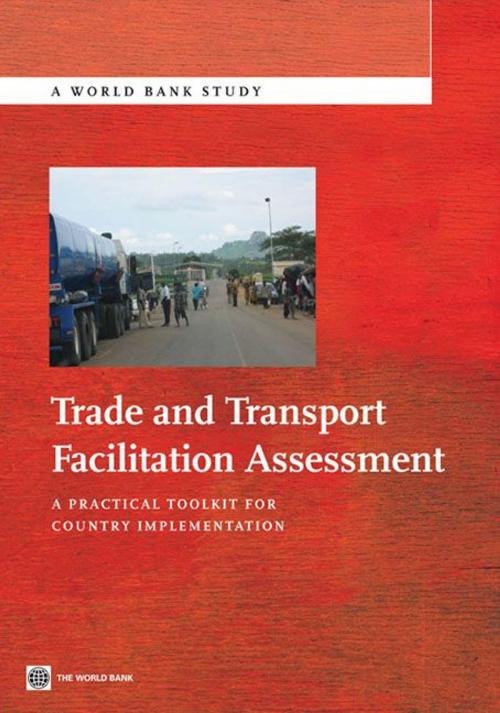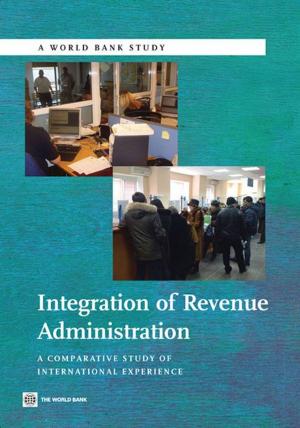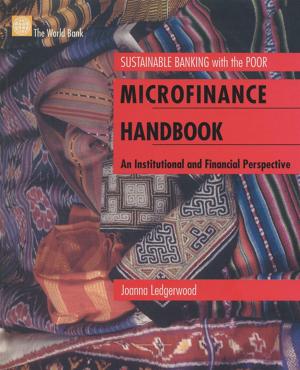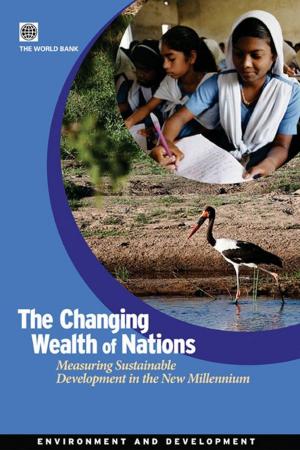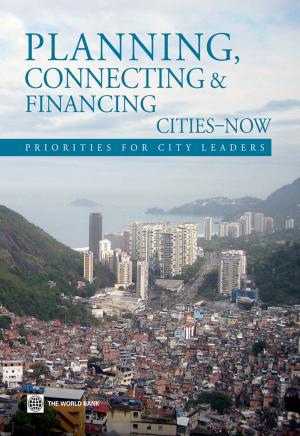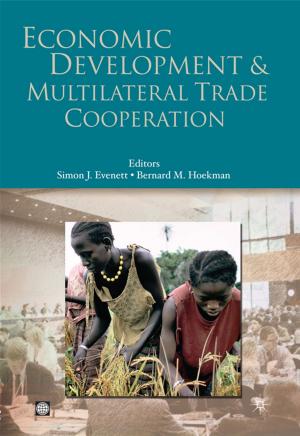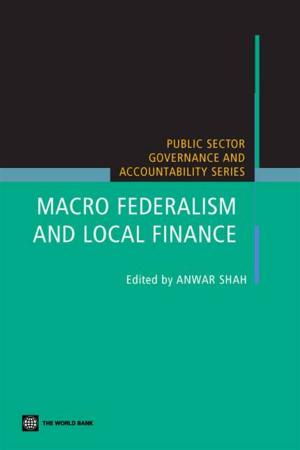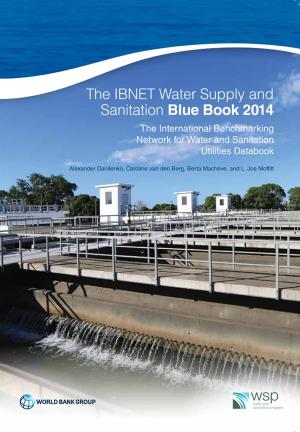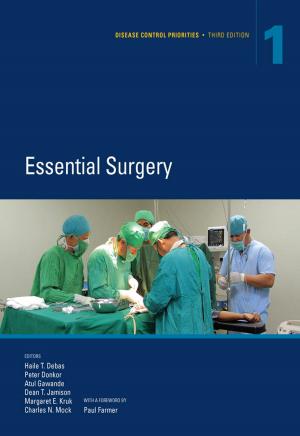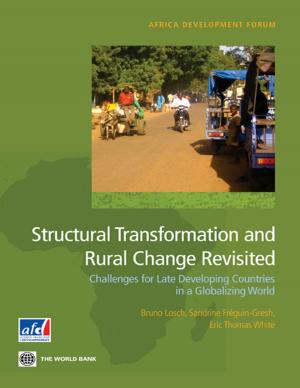Trade And Transport Facilitation Assessment: A Practical Toolkit For Country Implementation
Nonfiction, Social & Cultural Studies, Political Science, International, International Relations| Author: | Arnold John; Arvis Jean Francois; Mustra Monica Ali; Horton Brendan; Carruthers Robin; Ojala Lauri | ISBN: | 9780821384138 |
| Publisher: | World Bank | Publication: | June 24, 2010 |
| Imprint: | Language: | English |
| Author: | Arnold John; Arvis Jean Francois; Mustra Monica Ali; Horton Brendan; Carruthers Robin; Ojala Lauri |
| ISBN: | 9780821384138 |
| Publisher: | World Bank |
| Publication: | June 24, 2010 |
| Imprint: | |
| Language: | English |
Achieving practical trade facilitation reforms has become a key development priority in recent years. In 2001, the Bank issued a first Trade and Transport Facilitation Audit (TTFA) toolkit. The TTFA provides a simple and cost-effective instrument to analyze bottlenecks in international supply chains and prepare corrective measures. The key insight of the TTFA is that considerable knowledge can be easily obtained by interviewing key participants in the commercial or procedural transactions that combine to form international supply chains. These participants include private service providers such as freight forwarders, exporters, transporters and bankers as well as public agencies such as customs, port authorities, and transport regulators. Many government and development agencies have implemented the toolkit, including the World Bank, which has conducted about 50 audits prior to 2009. The new edition provides an opportunity not only to reflect the changes in the trade environment and the need for additional features in the toolkit, but also to benefit from the experiences of the audits already undertaken based on the original edition and hence give the new toolkit an even more operational focus. The modular organization proposed in the document should facilitate a progressive reading, by adding an increasing degree of detail. The first chapter introduces the conceptual framework for the TTFA. The second chapter discusses some of the reasons for conducting an audit. The third describes the implementation of the Audit including planning and scheduling, resource requirements and organization of the analysis and preparation of the reports. The annexes provide additional information on the concept, the methodology and content of the audit. The Interview Guides provides the scope for the meetings and checklists for all categories of interviewees and field visits. The toolkit has been written for the different possible audiences interested in trade facilitation and logistics in developing countries, including: Policy makers in developing countries; Development practitioners, including staff from development agencies supervising the implementation of the audits, such as Country economists or Operational task managers, in the World Bank or in other development institutions. Trade/Transport facilitation consultants or consulting firms.
Achieving practical trade facilitation reforms has become a key development priority in recent years. In 2001, the Bank issued a first Trade and Transport Facilitation Audit (TTFA) toolkit. The TTFA provides a simple and cost-effective instrument to analyze bottlenecks in international supply chains and prepare corrective measures. The key insight of the TTFA is that considerable knowledge can be easily obtained by interviewing key participants in the commercial or procedural transactions that combine to form international supply chains. These participants include private service providers such as freight forwarders, exporters, transporters and bankers as well as public agencies such as customs, port authorities, and transport regulators. Many government and development agencies have implemented the toolkit, including the World Bank, which has conducted about 50 audits prior to 2009. The new edition provides an opportunity not only to reflect the changes in the trade environment and the need for additional features in the toolkit, but also to benefit from the experiences of the audits already undertaken based on the original edition and hence give the new toolkit an even more operational focus. The modular organization proposed in the document should facilitate a progressive reading, by adding an increasing degree of detail. The first chapter introduces the conceptual framework for the TTFA. The second chapter discusses some of the reasons for conducting an audit. The third describes the implementation of the Audit including planning and scheduling, resource requirements and organization of the analysis and preparation of the reports. The annexes provide additional information on the concept, the methodology and content of the audit. The Interview Guides provides the scope for the meetings and checklists for all categories of interviewees and field visits. The toolkit has been written for the different possible audiences interested in trade facilitation and logistics in developing countries, including: Policy makers in developing countries; Development practitioners, including staff from development agencies supervising the implementation of the audits, such as Country economists or Operational task managers, in the World Bank or in other development institutions. Trade/Transport facilitation consultants or consulting firms.
